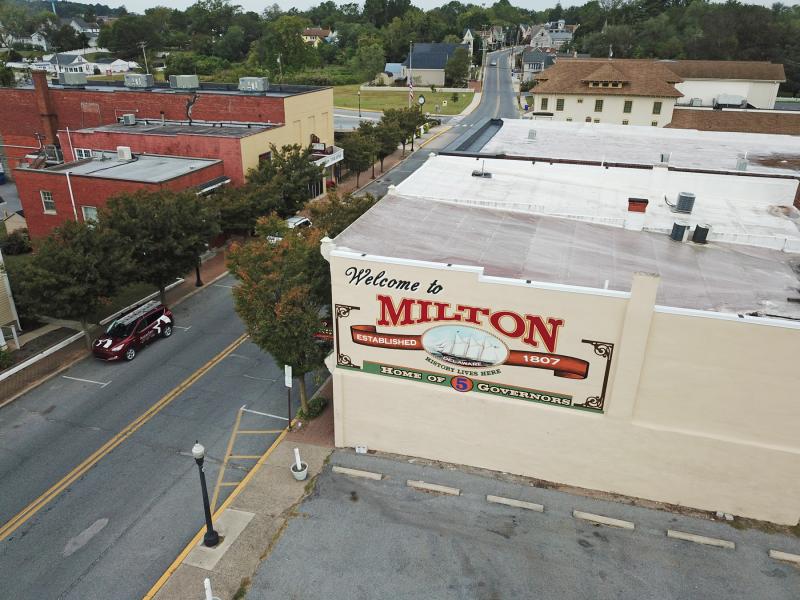Milton planners set course on short-term rental ordinance
The Milton Planning and Zoning Commission expects to deliver an advisory report and ordinance to town council on short-term rentals by April.
The commission will begin to organize its report at its Tuesday, Feb. 18 meeting, then vote on the report in March before sending it to town council for action.
The commission held a public workshop meeting Feb. 3, to begin setting the course for what they want the report and ordinance to look like.
The justification for an ordinance on short-term rentals is due to the rise in Airbnb- and Vrbo-listed properties and concerns on the part of both residents and town officials that this would lead to the town becoming inundated with vacation rentals instead of owner-occupied properties. A common refrain from the commission Feb. 3 was a desire to get ahead of a proliferation of short-term rentals and place guardrails before it starts.
The first part of the commission’s business was to define what a short-term rental is. Commissioners favored language saying they are properties that are rented for 30 days or fewer.
Then there was the question of where short-term rentals could pop up. Project Coordinator Tom Quass said much of the focus of the rental market in Milton has been in the older, downtown areas, not the outlying, newer developments, many of which are run by homeowners associations that have restrictive covenants to prevent short-term renting.
Planners looked at short-term rental ordinances and zoning laws, both local and national, including the neighboring towns of Lewes and Rehoboth Beach, as well as guidance from the National League of Cities.
The commission agreed the Lewes ordinance was a better fit for what would work for Milton. The ideas from Lewes that the Milton planners were in favor of include a short-term rental application process, which would include an inspection by the town’s code enforcement officer, a listed local contact person who would be available 24/7 to deal with any questions or complaints by tenants or town staff, and a three-strikes-and-you’re-out approach to any violations, with the first violation being a written warning, second violation a fine and third violation a revocation of the rental license.
Commissioner Lynn Ekelund suggested short-term rentals be subject to a gross rental receipts tax, the revenue from which would help support town staff in processing applications and providing enforcement.
Chair Richard Trask suggested using the zoning code’s safety and compliance regulations to help mitigate noise, and parking problems, and ensuring that short-term rentals have some form of handicapped access. The commission agreed that parking would need to be limited to prevent what was referred to as party houses, with cars prohibited from parking on unpaved portions of the property.
“We’ve got to get ahead of this,” Commissioner Maurice McGrath said. “Because it's not just going to be nice people. The party people will come.”





















































